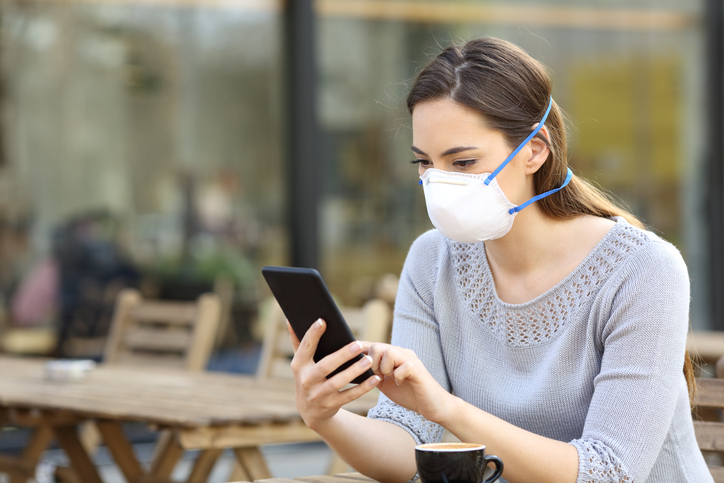
Trinity Health Mid-Atlantic partnered with mental health software provider NeuroFlow last August to mitigate healthcare’s burnout crisis by providing its nurses with the Philadelphia-based startup’s technology. A year later, the partners are saying more hospitals should roll out initiatives like this, as nurses who utilized NeuroFlow saw a quick and positive impact on their mental wellbeing.
Independence Blue Cross Foundation funded the program, which was launched at three Trinity Health Mid-Atlantic hospitals in Pennsylvania: Nazareth Hospital in Philadelphia, Mercy Fitzgerald Hospital in Yeadon and St. Mary Medical Center in Langhorne. The initiative gave more than 1,800 nurses access to NeuroFlow’s app, which provides self-guided care to maintain a good mental health state.
About 20% of nurses who were eligible for the program registered for the app, which is well above the average registration rate of 6% for similar behavioral health solutions, according to Trinity and NeuroFlow’s case study. These nurses used the app to get screened for depression, log daily insights like sleep patterns and mood scores, journal about their experiences, and access educational content about how to deal with mental health issues.
NeuroFlow measured Trinity Health nurses’ wellbeing using the World Health Organization 5 Well-Being Index (WHO-5) assessment. This short self-assessment measures an individual’s wellbeing on a scale of 1-100, with 100 representing the best possible wellbeing. The use of this assessment was chosen “very purposely,” Matt Miclette, NeuroFlow’s vice president of clinical operations, said in an interview.
Miclette, who is a registered nurse himself, pointed out that the standard tool for depression screening is the Patient Health Questionnaire (PHQ). He said that providers know the PHQ like the back of their hand. It’s been used for so long that patients have come to expect these types of questions from their primary care providers, and they know how to answer them so as to not raise any alerts.
NeuroFlow’s platform opts instead for the WHO-5, which uses less clinical language. Miclette said NeuroFlow first discovered the WHO-5 was more effective at screening for mental health issues during the startup’s programs with the military.

A Deep-dive Into Specialty Pharma
A specialty drug is a class of prescription medications used to treat complex, chronic or rare medical conditions. Although this classification was originally intended to define the treatment of rare, also termed “orphan” diseases, affecting fewer than 200,000 people in the US, more recently, specialty drugs have emerged as the cornerstone of treatment for chronic and complex diseases such as cancer, autoimmune conditions, diabetes, hepatitis C, and HIV/AIDS.
“The WHO-5 is not just a depression scale, it’s actually a wellbeing scale,” he said. “The difference is that we can actually use this to look at not just whether somebody has depression, but also whether they’re thriving and doing well at work.”
For Trinity’s program, 29% of nurses who took the assessment had scores indicating low well-being. At the end of the nine-month case study, nurses with the lowest WHO-5 scores improved their wellbeing scores significantly.
For example, 53% of nurses who scored less than 50 on the WHO-5 — a range that indicates poor mood or likely depression — experienced a clinically significant improvement of scoring 10 or more points after 90 days. After four to eight months, 79% of nurses who initially scored less than 50 improved their scores by 10 or more points.
Informed by nurses’ WHO-5 scores in combination with their user data, NeuroFlow also prompted tailored interventions for nurses 39 times over nine months. These interventions proactively supported Trinity’s nurses by triaging them to the right level of care and preventing a potential behavioral health crisis, according to Miclette.
To Miclette, a key reason why Trinity’s nurses liked NeuroFlow’s app is because it incorporates flexibility into mental healthcare. Nurses enjoyed that they could complete wellness activities, such as meditation or guided breathing, at five-minute intervals of their choosing from whichever setting they wanted.
“Nurses have long shifts, and sometimes the last thing we want to do when we’re done with being at the hospital is return to another healthcare setting,” he said. “The app allows an opportunity for people to think about their mental wellness outside of the workplace and engage at home.”
Photo: AntonioGuillem, Getty Images













